Over the course of twenty-five years, noted food writer and television presenter, Elizabeth Luard has journeyed across Europe collecting recipes documenting culinary traditions from twenty-five countries. Despite being busy working on a new book Elizabeth Luard was kind enough to take some tme to awnser some of our questions about The Old World Kitchen.
Booksaboutfood.com (BAF): What is the definition of peasant cooking?
Elizabeth Luard: Peasant cookery is the bedrock of all culinary traditions. By no means necessarily poor, it underpins the other two layers – palace-cooking (cooking for display, as in high-end restaurants) and the cooking of the bourgeoisie (town-cooking, dependent on access to a marketplace). Peasant cookery depends on what be grown, husbanded or gathered for whom farming is a way of life rather than a business for profit. A cash-crop earned from the sale of labour or goods – eggs, cheese, forest-gleanings – supplemented self-sufficiency with unobtainables such as salt, coffee, spices. While wood-fuelled bread ovens were sometimes available, most cooking was done on a single heat-source with limited utensils – the only essentials were boiling-pot and bakestone – making one-pot dishes usual. Ingredients depended on season, latitude, climate, history and access to trade-routes.
BAF: What makes a dish authentic?
Elizabeth Luard: For a dish to be authentic, you have to look at the historical record: ingredients, method, utensils are all part of the mix, as indeed are trade-routes and contact through conquest. The culinary habit of Andalucia, for instance, carries the print of seven centuries under the caliphs, while the Hungarians imported their capsicums, the raw material of paprika, through the Ottoman Turks who had it from the Venetians who traded with Seville, capital of the Spanish Main and gateway to the Americas.
BAF: How did you go about collecting so many interesting recipes?
Elizabeth Luard: My own interest started when I was only six or seven and a diplomatic step-daughter in Latin America. As step-daughter, child of the ‘wrong’ side of the family, I went home at the weekends with my mother’s cook or maid, and loved the food of the country. Later my stepfather was posted to Spain and holidays were spent in France and Italy. So when I married a writer and had children of my own, I set up home in a remote valley in Andalucia. This led to a pre-writing career as a botanical and bird painter which led to an interest in landscape and wildlife, which led to a cookery column in a sporting magazine in the UK and an idea that what I really wanted to write about – well – the cookery of the peasant community among who I felt at home. From there, I did my homework in the library and set off on three long trips to fill my geographical gaps. I always use a sketchbook and watercolours to ask questions in marketplaces and kitchens where I don’t have the language – a sketchbook opens every door.
BAF: In the course of your research was there a country/ or countries where the depth of the culinary tradition surprised you.?
Elizabeth Luard: Yes. Northern Europe: Scandinavia, particularly Norway, seemed astonishingly exotic and the landscape was fabulous – all those glorious fjords and ice-cream colours of ice and snow. And the light in summer blows your mind. As for the food, well, plenty of game and fabulous wild berries including the pine-scented cloudberry, very particular ways with fish, dairy and grains and extraordinary methods of fermenting foods for conservation and cooking with cold as well as heat. It was quite unlike anywhere else I had ever travelled, including the wilds of Africa.
BAF: With the growth of fast food, or processed food are these traditions in danger of dying out?
Elizabeth Luard: Takeaways and ready-meals are certainly the result of the loss of home-cooking traditions, but I’m not sure they are actually the cause, since ethnicity surfaces with remarkable accuracy at festivals. It’s more the loss of habitat and habit as we all began to leave for the workplace every day that have led to the perception that cooking is a solitary rather than a social activity – which is what it always was when households were multi-generational and neighbourhoods close-knit. I have hopes that the relocation of office to home will allow us to regain traditional cooking skills, though this time without the drudgery.
BAF: What are you working on now/next?
Elizabeth Luard: I’m working on a new book, Squirrel Pie and Other Stories, travellers’ tales with recipes with my own illustrations in black-and-white. The format is more or less the same as my three just re-published memoirs, Family Life, Still Life and My Life as a Wife. Right now I’m having a great time going through my sketchbooks – I have several hundred – and re-living my travels. I live and work in a remote farmhouse in the wilds of Wales but my sketches carry me wherever I want to be.
Booksaboutfood.com © 2014


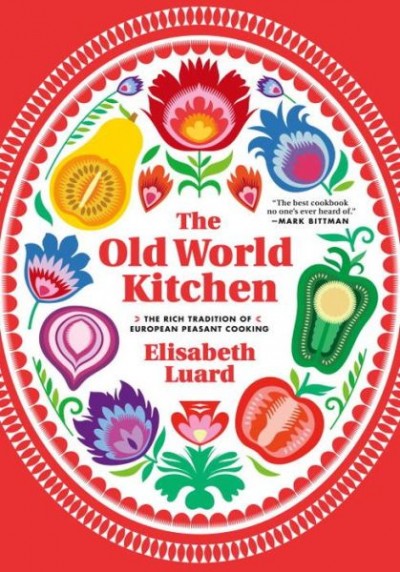


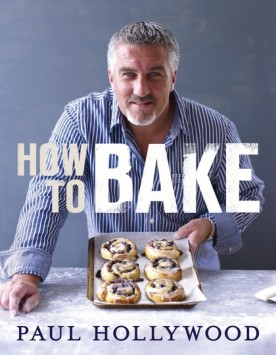
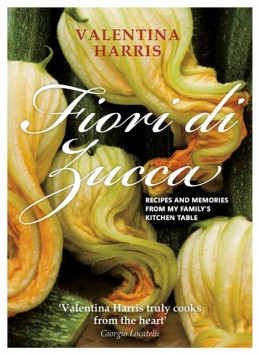
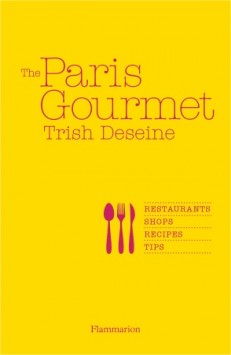
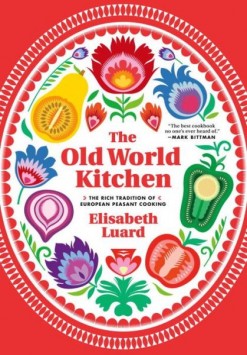
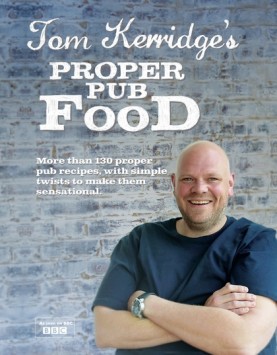
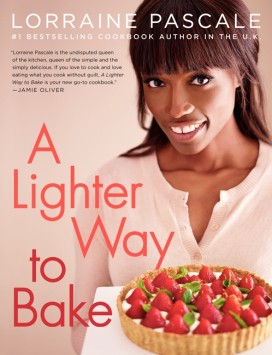
Leave a Reply